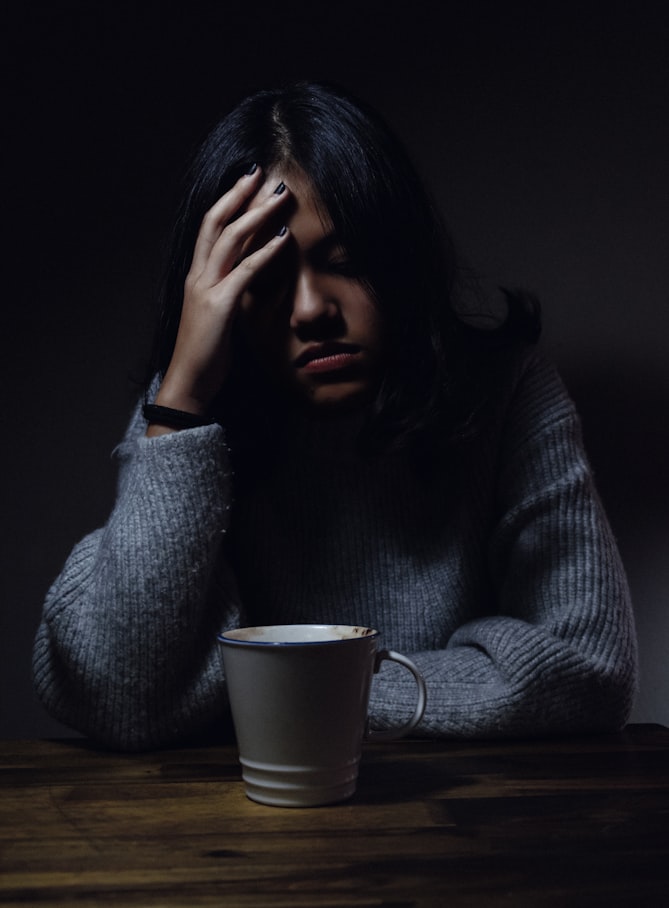Major Depressive Disorder Treatment OptionsPosted by Daria King on November 21st, 2019 Across the globe, depression affects over 300 million people. It’s the most common mental health disorder in the United States, with major depressive disorder being the most commonly diagnosed form or it. With statistics like this, the chances are likely that depression affects you or someone you know. Fortunately, there are treatment options that allow most people to function with it. Awareness of available treatment options and the best depression treatment facilities is critical, as is acknowledging that everyone will have a different treatment plan. Not every method will work for everyone, and what works for you may not work for someone else. Nevertheless, people who live with depression still wish to maximize their potential by seeking the right treatment plan for them. Medication and PsychotherapySome individuals prefer taking antidepressants that their physicians or psychiatrists prescribe to them. With treatment options coming a long way, antidepressants can be an effective strategy to manage depression and live a full life. There’s a variety of medications on the market, and depending on a patient’s diagnosis, a prescription can include multiple medications, like an antidepressant and anti-anxiety combo or an antidepressant and mood stabilizer. Often going hand-in-hand, medication with regular psychotherapy treatment can be extremely effective with patients talking about the experiences of their condition and underlying causes. The goal of psychotherapy is to help them live healthy lives by responding to depression with healthy coping mechanisms while identifying and addressing negative beliefs, developing and maintaining healthy relationships and experiences, and changing negative behaviors associated with depression. Residential Treatment and Brain Stimulation TherapyWhile many options, including medication and therapy, can be outpatient treatment plans, those who may experience more acute depression might find residential treatment to be most effective. Some situations are so dire that the patient is in danger of harming themselves or unable to function and take proper care of themselves. The goal of residential treatment is to help patients create a stable mental and emotional foundation that allows them to gain a sense of calm and control while regulating their mood. When situations become too extreme, they may require alternative measures of brain stimulation therapy. If a patient doesn’t respond to medication, are suicide risks, and psychotherapy is ineffective, these options may be useful. Such techniques include electroconvulsive therapy and transcranial magnetic stimulation, which rely on electrical currents and magnetic pulses, respectively. However, there are risks and side effects associated with these procedures. Talk to your doctor if you’re asking, “Which depression treatment centers near me can help?” Once you get on a treatment plan, your doctor can inform you of the best depression treatment facilities in your area. Help is available. Like it? Share it!More by this author |



